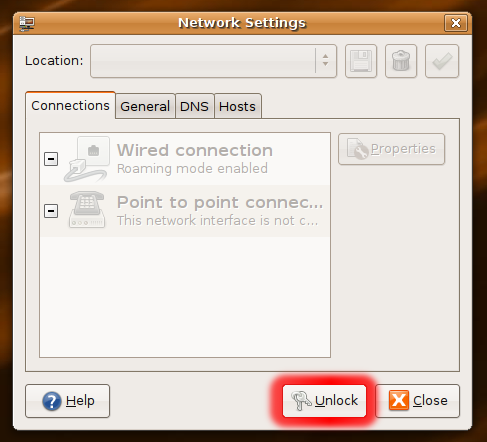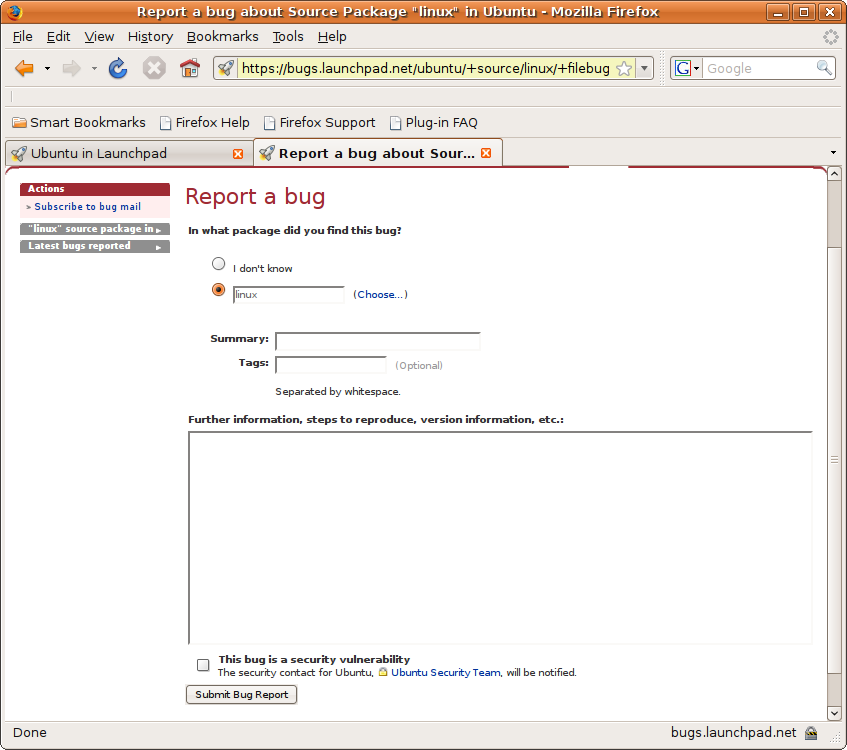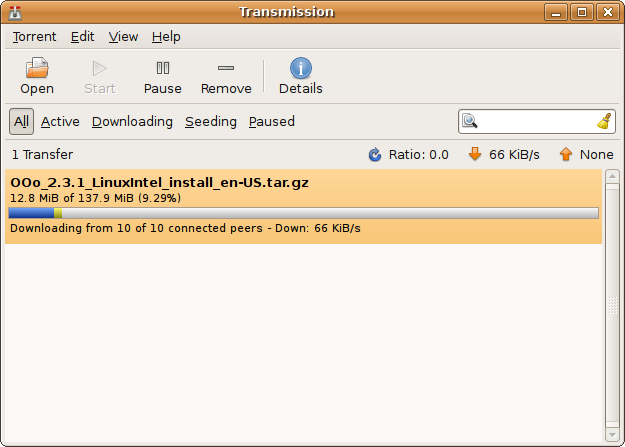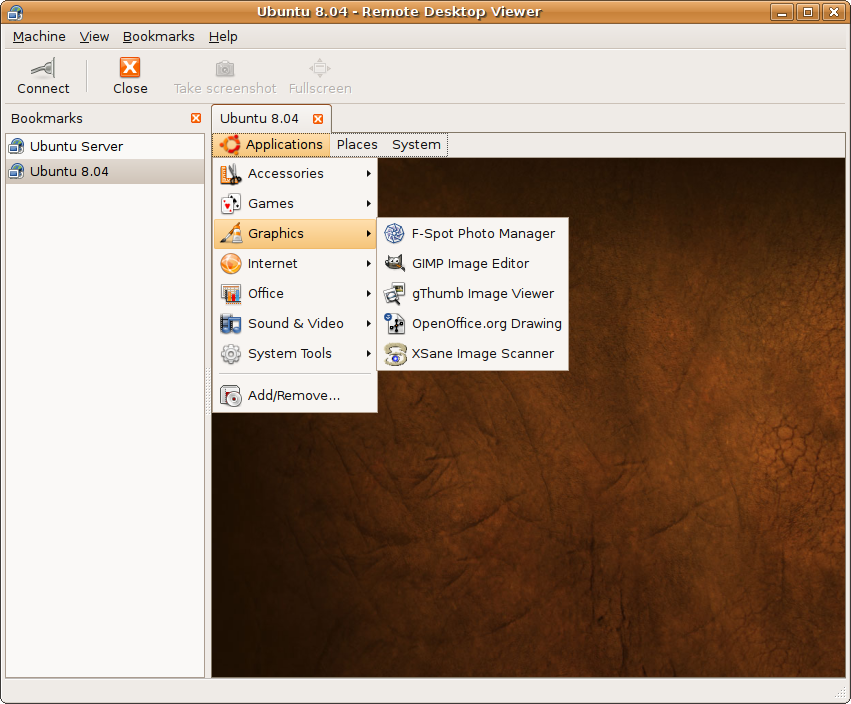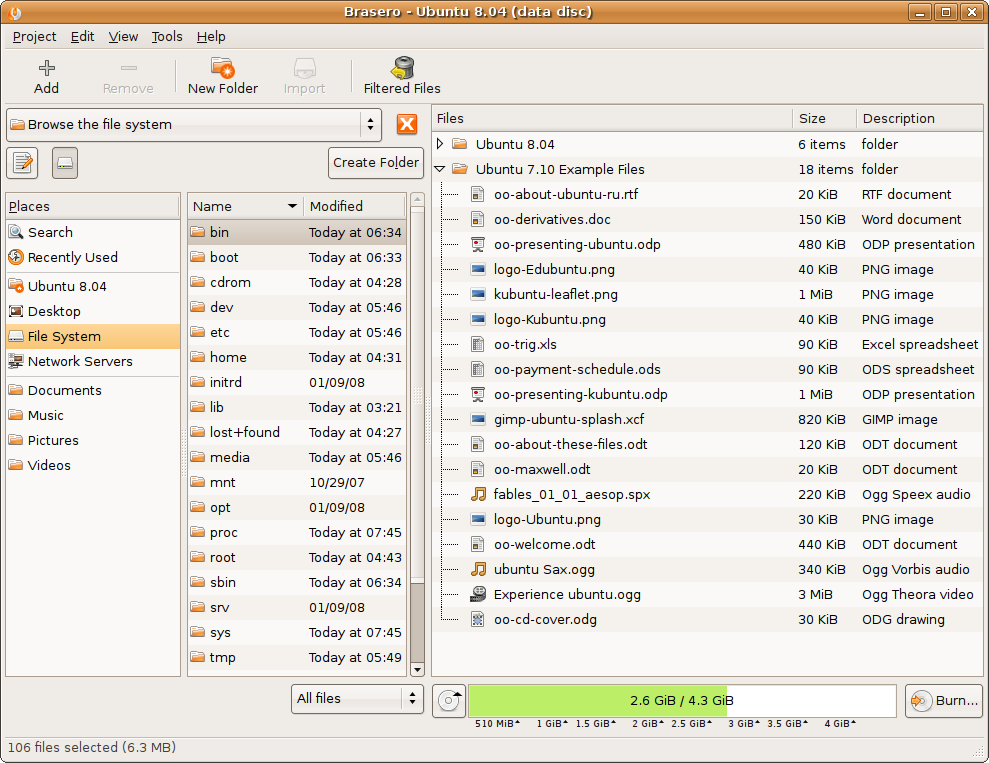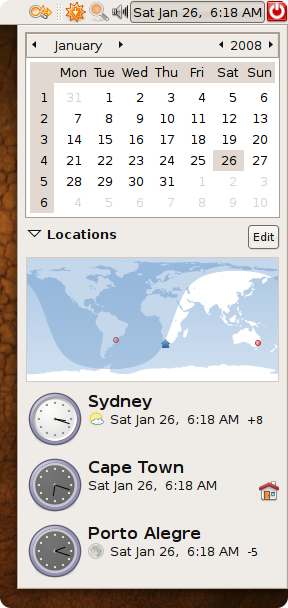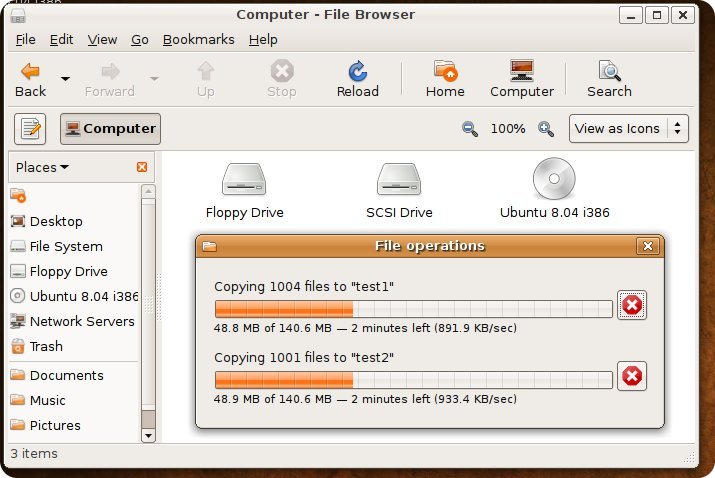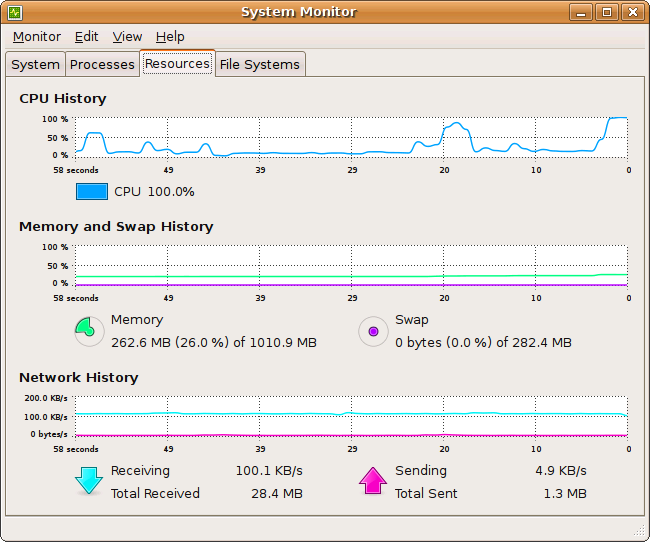Police in France say au revoir to Microsoft, bonjour to Linux
February 1, 2008
In a pistol-whip to Microsoft corporation, the French paramilitary police force announced in Paris on Wednesday that it is abandoning the Microsoft operating system it currently uses in favor of the free Linux operating system.
Unlike in the U.S., there is a national police force in France, rather than a collection of local police entities or precincts. The French gendarmerie is one of the biggest official entities in the world to break away from the pay-per-license Microsoft environment. The nightstick fell on Microsoft at the Solution Linux 2008 conference.
The move completes the French police force’s divorce from Microsoft that began in 2005 when police in France moved to open sourcing for office applications such as word processing. They switched over to open-source Internet browsers in 2006. Linux, once the exclusive system of computer geeks, has become an easy-to-use system aimed at average users. It is an open system, meaning its access s free to all, both for use and for development. Scientists from all over the world have cooperated to make the system what it is today. Until now, it was too technical to be a threat to Microsoft in the consumer or everyday business arena. Those days are over.
The French gendarmerie’s 70,000 desktop computers currently use Microsoft’s Windows XP operating system. But these will migrate over to the Linux system distributed by Ubuntu, explained Colonel Nicolas Geraud, deputy director of the gendarmerie’s IT department. Geraud said that the French police would introduce Linux every time they replaced a desktop PC. The gendarmerie expects to transfer between 5,000 and 8,000 desktops to Ubuntu this year, with 12,000-15,000 more making the switch over the next four years. The goal is to have every desktop in the French gendarmerie running Linux by the year 2014.
The reasons behind the move are tri-fold, explained Geraud: first, to reduce the force’s reliance on one company and offer more choice by diversifying IT suppliers; second, to give the gendarmerie control and oversight of the operating system; and third — cost. This last might have been reason enough all by itself. The move away from Microsoft licensed products is saving the gendarmerie about seven million euros (10.3 million dollars) a year for all its PCs.
Microsoft claims that running Windows is actually cheaper overall than running Linux despite the cost of Windows license fees, hinting at possible integration issues and the fact that there are fewer experts trained to service open source applications as compared to Windows. But it would be hard for these issues to offset $10 million in bottom-line savings.
The French police official added that Linux was not only cheaper but more advanced than other operating systems currently on the market, a thinly veiled swipe at Vista, Microsoft’s latest operating system. Vista has been roundly panned by consumers. They complain about Vista’s high price and resource requirements, and especially about its incompatibility with their existing applications. Many in the industry as well as consumer advocacy groups are seeing Vista as a major blunder, some citing Microsoft’s arrogance as the company that has held a virtual monopoly for over a decade on PC operating systems and software programs.
Vista’s reputation for incompatibility and bugs has become a major public relations headache for Microsoft, whose popularity in France has already taken heavy hits due to widely publicized and drawn-out legal proceedings. Losing the French gendarmerie as a client is certain not to help.
Geraud explained that the move to an open source operating system was logical after the police switched in 2005 to open sourcing for its office applications and in 2006 for its Internet browsers and its email.
This latest announcement by police in France has been hinted at in recent years.
In 2005 the gendarmerie switched from Microsoft Office to OpenOffice — a collection of applications such as a word processor, spreadsheet, and presentation program similar to Microsoft Powerpoint. But unlike Microsoft Office programs, all of these software suites can be downloaded free.
A year later it abandoned Microsoft’s Internet Explorer for the Mozilla Foundation’s browser Firefox and its email client Thunderbird. OpenOffice and Firefox are both on the open source platform, so moving to a Linux operating system won’t be the culture shock for the French police force as it might be in some organizations that have yet to try open-source products and systems.
With its 100,000 employees, the French gendarmerie is the largest administration to shift to open sourcing for its operating system, but not France’s first. The National Assembly adopted Ubuntu’s version of Linux for its 1,200 desktop PCs last year.
The announcement by the French police force came on the very same day that Microsoft Chairman Bill Gates was also in Paris, meeting with Bernard Delanoe, the Mayor of Paris, to discuss far-reaching partnerships between Microsoft and the city, including Microsoft-base training for public officials, boosts for business start-ups and the building of a new digital sports arena in the Montreuil area of Paris.
Was this a move calculated by Gates or Delanoe to offset the French gendarmerie’s announcement? If not, it would seem a very ironic coincidence. In any case, the move by the French police dealt a body blow to the mood of those celebrating the Microsoft-Paris alliance.
http://www.webinfrance.com/police-france-microsoft-linux-201.html
Labels: Linux, Microsoft, operating systems, Ubuntu













